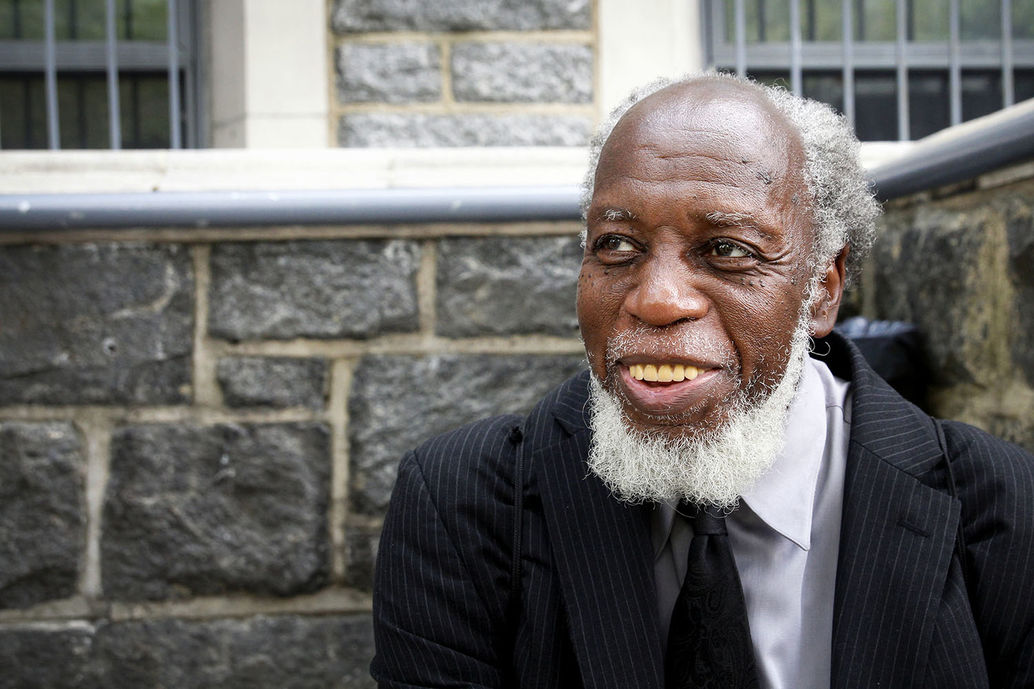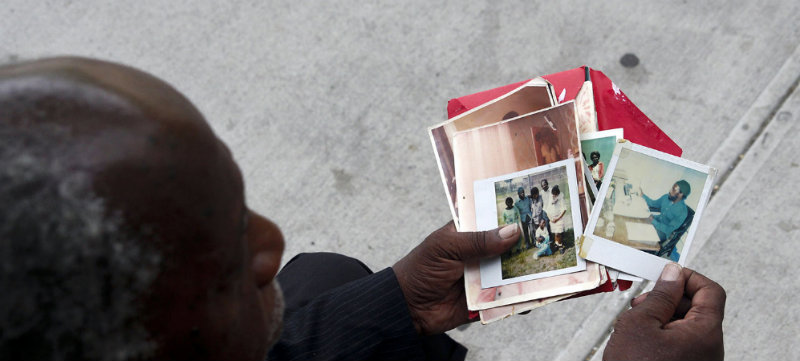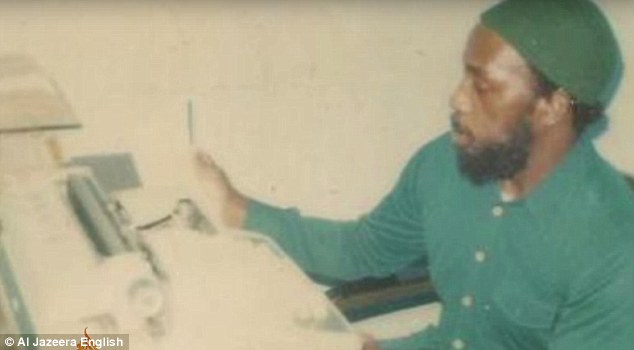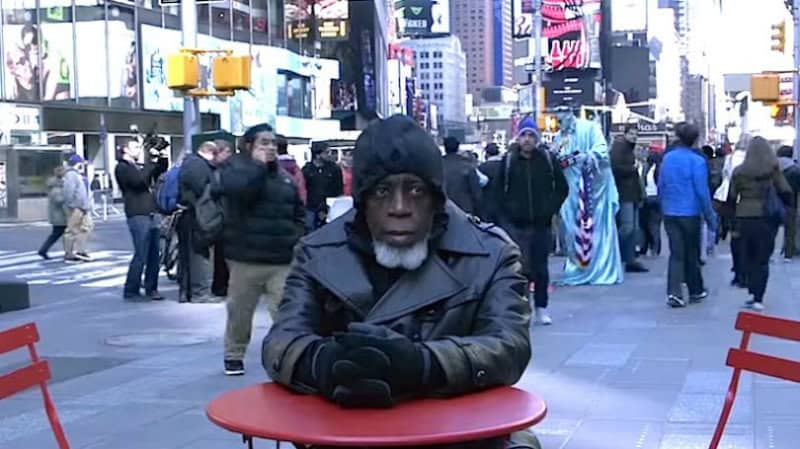NEW YORK (Web Desk) – Soon after his release from a 44-year stint in prison, Otis Johnson quickly realized that the world had become a very different place – downright futuristic compared to the world he left behind back in the late 1960s.
Otis was recently released from a US prison after being locked away since the age of 25 years old. He is now 69.

In an interview with Al Jazeera, Johnson recently visited Times Square in New York City, where he was surprised and confused by the modern technology surrounding him, including people “with wires in their ears” listening to music who looked like CIA agents, pedestrians “talking to themselves” on their iPhones, and neon video billboards illuminating storefront windows.
Johnson’s release date was originally scheduled earlier, but he ended up serving an additional eight months at the age of 69 for a juvenile shoplifting charge he received when he was 17.

In August 2014, Johnson was released from prison after serving a 44-year sentence for the attempted murder of a police officer. Being completely removed from society since 1975, Johnson thinks he’s entered a dystopia where everyone has become a secret agent wearing wires.
Johnson represents a very small set of people in the United States. In 2013, approximately 3,900 inmates were released from US prisons after serving at least 20 years, according to the Bureau of Justice Statistics. That is less than 0.7% of all state prisoners released that year.
Upon release from prison, Johnson was handed an ID, documents outlining his criminal case history, $40 and two bus tickets. Having lost all family connections while serving his sentence, Johnson now relies on Fortune Society, a nonprofit that provides housing and services to ex-prisoners in Harlem.

Each day, he navigates the world as best as he can. He involves himself with a local mosque. He practices tai chi and meditates. He attempts to pursue his dream of opening up a shelter for women, though with his lack of credit history securing the funds for such a project has proven close to impossible.
He walks the streets of New York, observing people around him. He returns to Fortune Society by 9pm each night, heeding his curfew.
With the current focus on reform, Johnson hopes that re-entry for ex-prisoners, including those having served for decades, will be streamlined to effectively address their needs. Whether freedom can prove liberating, rather than overwhelming, for those convicts who have grayed behind bars, remains to be seen.














